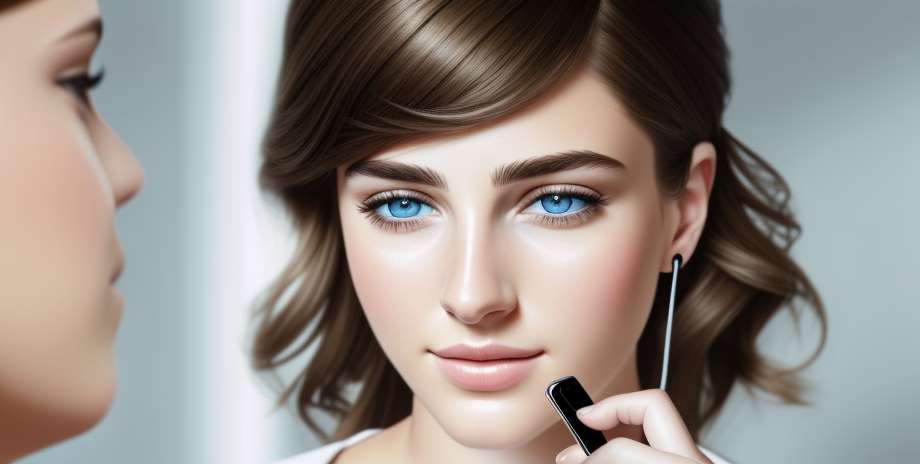How to live with this?
April 2024

Experts of the National Institute of Public Health (INSP) are pronounced against the entry of light drinks to schools. In a message sent to the media they point out that the evidence on the safety in the consumption of artificial sweeteners among children, has led a committee of the Institute of Medicine of the United States to recommend that it not be allowed to be consumed in the United States. schools , for the possible health risks. And they add: "The INSP agrees with the recommendations of said Committee".
The statement is signed by four of the most prominent researchers in nutrition and public health in our country. They are doctors Juan Angel Rivera Dommarco, Simón Barquera Cervera, Salvador Villalpando and Sonia Hernández Cordero.
The statement indicates:
"A cause for concern is the promotion of the consumption of foods sweetened by artificial sweeteners in the school context, which are currently used in the market in products called" light. "The authorization of their consumption in schools does not have the approval of the nutrition experts of the National Institute of Public Health, because the evidence on the safety of these products during childhood it is not conclusive; that is, there is not enough evidence on the safety of sweeteners when their consumption starts at an early age and their exposure is for long periods. Moreover, there are no data available on the consequences of long-term consumption of these products, especially in children, because the introduction of several artificial sweeteners in the food market occurred in the 1980s.
"A second argument for not allowing the use of sweeteners in schools is the evidence that the taste for sweet taste is a habit that is learned in the early stages, with the authorization and promotion of the consumption of artificial sweeteners in schools , the taste for sweet taste will be encouraged, which could lead to a greater consumption of sweetened foods and drinks throughout life, as well as a lower consumption of water.The opportunity for children to learn in school to consume water, as the hydrating drink par excellence, runs the risk of being ineffective when introducing sweet drinks.
"For all these reasons, artificial sweeteners are not allowed in basic education in most of the countries that have implemented regulations.In the case of Canada, in 2005 the use of artificial sweeteners in high schools was allowed, but in 2007 the decision was reversed with the argument that the consumption of these substances should be supervised by the parents ".
More information and link to the full document at: //www.elpoderdelconsumidor.org/expertos-en-salud-rechazan-bebidas-light.html